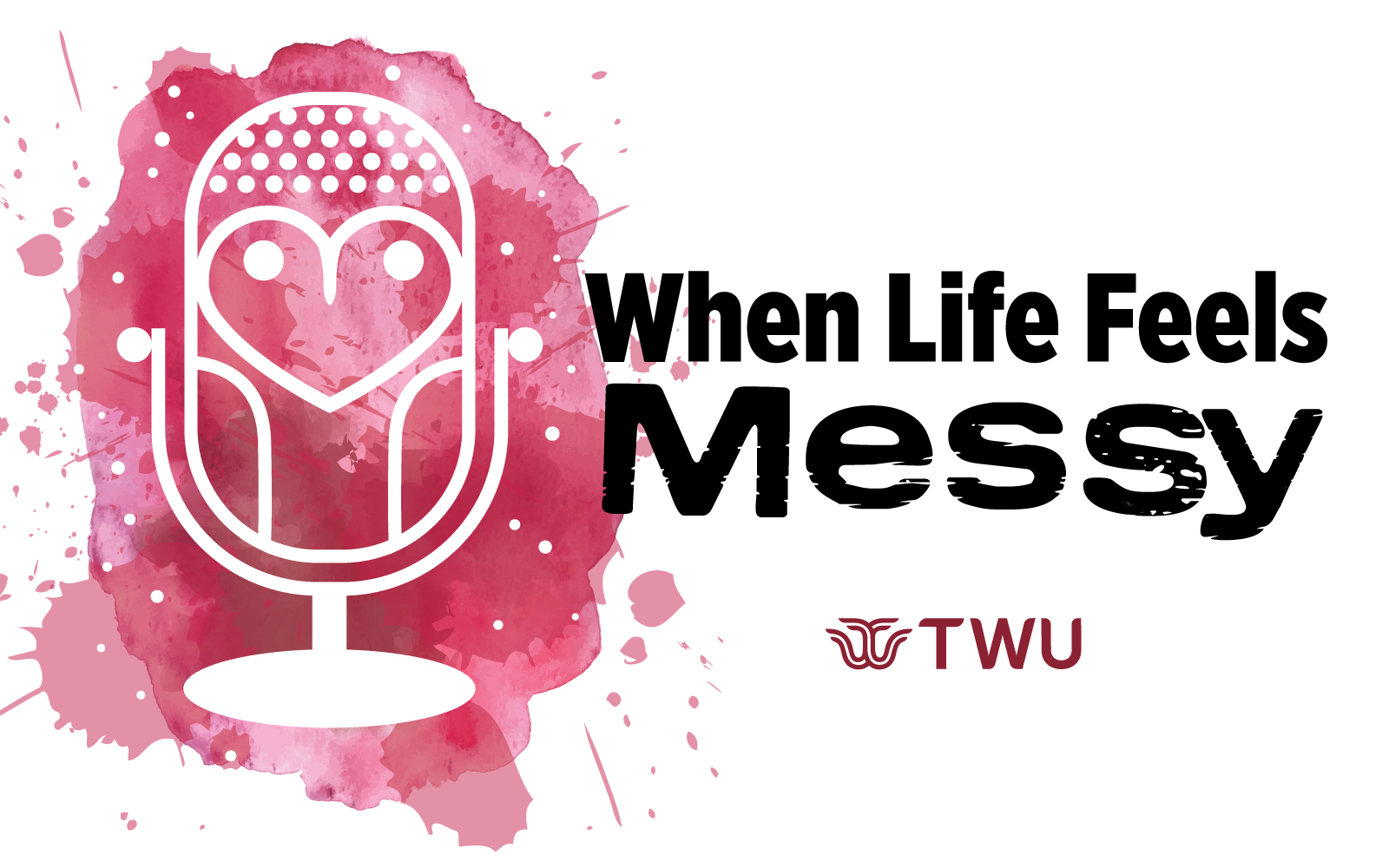But what actually is body image? It's definitely a term that has come up more in the last few years, especially with the various "Body Positive" movements, but in our experience, there isn't always clarity on what exactly it stands for and represents. So let's define it before looking at it's impact.
Body image refers to an individual's perception, thoughts, and feelings about their own body. It involves how one sees themselves when they look in the mirror, how they feel about their body size, shape, and appearance, and the thoughts and beliefs they have about their physical self. Body image is a subjective experience and can be influenced by various factors, including societal standards, media representations, cultural ideals, personal experiences, and peer comparisons.
It's important to note that body image is a complex and dynamic aspect of an individual's self-concept. Many people, at different points in their lives, may experience fluctuations in their body image based on factors such as age, life changes, and exposure to societal influences. Indulge us, for a second, and think back on your life thus far...
How many times can you recount experiences of being unhappy with your body image?
How many times can you recount experiences of loving the body you have?
Can you notice the fluctuations happening around pivotal development milestones or life experiences?
The truth is most of us have faced or still face issues with our body image, and in fact, it's one of the top things that we hear a lot from college students. Why is that? Well, as we mentioned earlier, there are a lot of various factors and influences that impact our body image, and not really for the good. Positive body image can be really difficult to maintain/embrace, because of so many unrealistic societal standards, family/cultural pressures, and so much more.
A positive body image generally involves feeling comfortable and satisfied with one's body, appreciating its capabilities, and accepting its natural variations. Promoting a positive body image involves cultivating self-acceptance, challenging unrealistic societal standards, and fostering a healthy relationship with one's body. Can we take a poll on how many of you were taught or encouraged to embrace your body and feel comfortable with it, as is? I'm going to guess not many hands went up...
On the other hand, negative body image can manifest as dissatisfaction, criticism, or even self-loathing regarding one's physical appearance. This is also where mental health issues tend to come up, such as eating disorders, depression, low self-esteem, etc. This is just a few reasons why addressing negative body image can be crucial for overall mental well-being and can have positive effects on various aspects of life, including relationships, self-esteem, and emotional health.
So to answer the question in the title of this blog: Yes, body image can indeed have an impact on dating life and relationships. How one perceives their own body and how others perceive it can influence self-confidence, self-esteem, and overall well-being. Here are some ways in which body image may affect relationships:
- Self-Esteem and Confidence:
- Positive body image often correlates with higher self-esteem and confidence. People who feel good about their bodies may be more comfortable and secure in themselves, which can positively affect their interactions and relationships.
- Attraction and Perception:
- Personal preferences vary, and individuals may be attracted to different body types. However, societal standards and media influence can contribute to body image issues. People might worry about not meeting certain standards, affecting how they believe others perceive them.
- Communication and Intimacy:
- Poor body image may lead to communication challenges or hesitations in intimate situations. Open communication about feelings and insecurities is crucial for building trust and understanding in a relationship.
- Impact on Mental Health:
- Negative body image can contribute to mental health issues such as anxiety and depression. These challenges may affect the overall dynamics of a relationship.
- External Pressures:
- Societal expectations and external pressures to conform to certain body standards can create stress within a relationship. Couples may navigate these challenges together and support each other in overcoming societal pressures.
It's important to note that everyone's experience is unique, and the impact of body image on relationships can vary. Open communication, empathy, and support from partners can also play a significant role in addressing and mitigating concerns related to body image.
If in reading this something resonated with you or struck a chord, we invite you to reach out to our TWU CAPS team to have a safe space to openly and transparently talk about your body image concerns and learn ways to embrace yourself in a positive way.
"And I said to my body, softly, I want to be your friend. It took a long breath and replied, I’ve been waiting my whole life for this.” – Nayyirah Waheed
Take Care, Pioneers!


Comments
Post a Comment